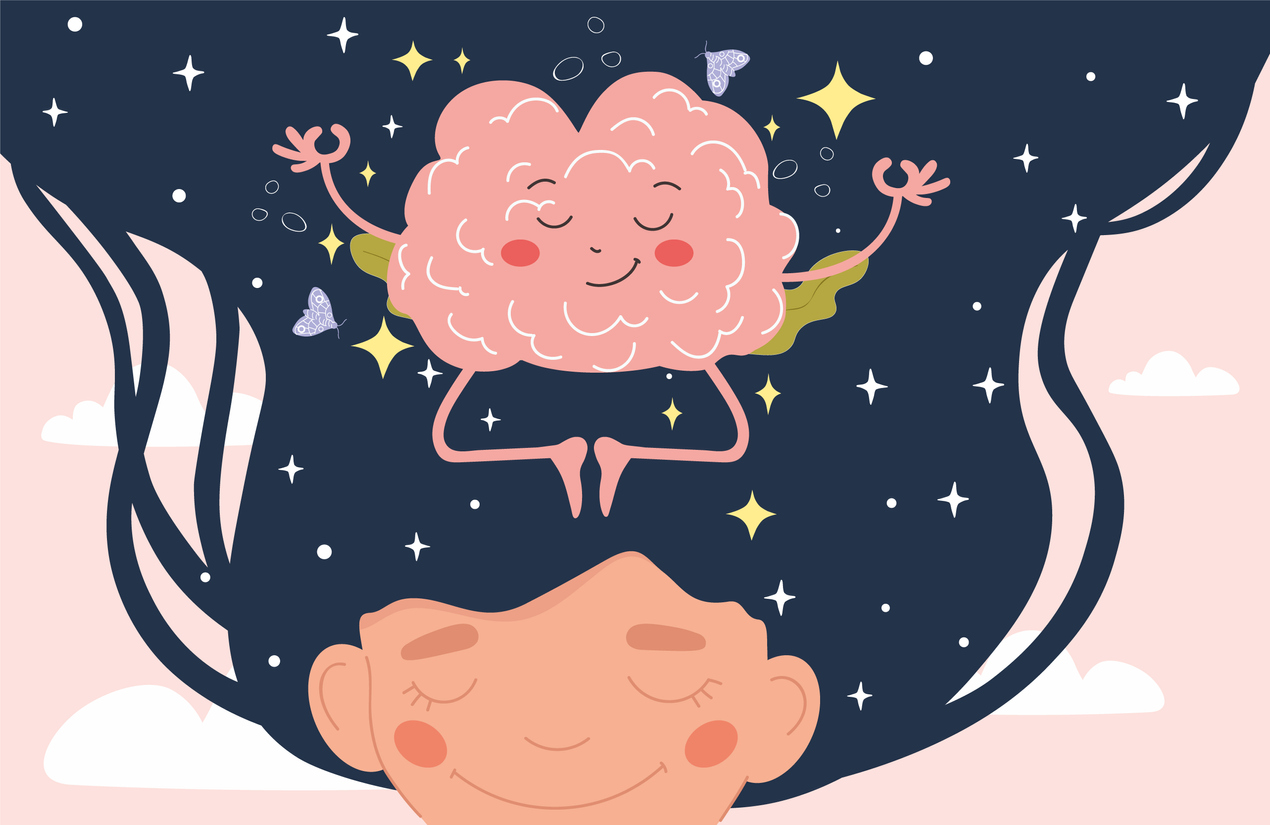Living with Chronic Pain
The Relationship Between Chronic Pain and Mental Health

The relationship between chronic pain and mental health is complex. Chronic pain can negatively affect mental health, and mental health challenges can increase chronic pain levels. It is often a vicious cycle. Therefore, prioritizing mental health is important for those living with chronic pain.
How chronic pain affects mental health
- Stress, neurotransmitters and depression
Living with chronic pain causes both physical and mental stress. Chronic stress affects levels of neurotransmitters in the brain, which can negatively affect mood and thinking. Changes in the levels of some neurotransmitters can lead to depression. - Isolation and loneliness
Chronic pain can prevent individuals from engaging in activities that they want or need to do. Isolation and loneliness can develop due to lack of ability to participate in activities and lack of connection with others. Misunderstandings, miscommunication, and strained relationships with others may occur because it is difficult for individuals who have never experienced chronic pain to understand what it is like. Isolation and loneliness can lead to mental health concerns, such as anxiety and depression. - Inflammation and depression
In addition, several studies suggest that inflammation, which is often associated with chronic pain, may increase the risk of depression. This is known as cytokine-induced depression. - Changes in sleep patterns and lack of activity
Chronic pain can also interrupt sleep patterns and prevent an individual from engaging in physical activity. Quality sleep and regular physical activity are essential for mental health.
How mental health affects chronic pain
Mental health challenges, such as anxiety and depression, can lower a person’s pain threshold, leading to increased levels of pain. Struggles with mental health can change a person’s perception about their condition, making it feel even worse than it actually is.
How to break the cycle
Anyone experiencing mental health challenges, such as feelings of anxiety, loneliness or depression, should consult a health care provider. Addressing these concerns can improve quality of life and reduce chronic pain levels.

















